Green Acre #162: Paradise Revived
I FREQUENTLY wish to reinvent myself. But then I think, time’s too short. But then I think again . . . if not now, when? Just leap.
That’s what Lucinda Fleeson did 20 years ago. A reporter for the Philadelphia Inquirer, she found herself adrift when the Internet ate her job. She ditched a charming cottage outside of Philadelphia with an English garden filled with lavenders, lilies, roses and zinnias that she’d created from double-dug, hard-crusted earth. She moved to the Hawaiian island of Kauai, where she discovered a world of wonders, a 2½-year sojourn that is delightfully recalled in her memoir, Waking Up in Eden: In Pursuit of an Impassioned Life on an Imperiled Island.
Backtracking just a bit. Forty-four, long divorced, and with an evening free, she accepted an invitation to dinner with Dr. Bill Klein, a charismatic horticulturalist whom she’d known for years. Klein, who had a history of reviving remarkable public gardens, offered her a job raising funds for the National Tropical Botanical Garden on Kauai, which he’d just been hired to lead as executive director, CEO and president.
“I’ll never leave journalism,” she told him. Two weeks later her job ended.
“Why not go out on a limb?” she asked herself. “That’s where the fruit is.” Despite reservations about “drinks with umbrellas and tourist hulas,” she sold her house in a day, shipped a few things, stored others, jettisoned the rest—and moved.
Kauai is one of numerous islands in the Hawaiian chain, and considered by many, she said, to be the greenest and most beautiful. Settled 1,200 years ago by Polynesians, it is separated from the other islands by a dangerous 100-mile channel, which kept it isolated for centuries.
Klein’s job was to restore Kauai’s two major gardens, Allerton and Limahuli. Both had been left in terrible disarray by a devastating combination of lackadaisical care, shoestring funds and the fearsome winds of Hurriciane Iniki, which had torn through the islands several years earlier.
With the assistance of a team of horticulturalists, botanists, laborers, and Lucinda as fundraiser, Klein set in motion the rescue of a pair of treasures on a hell-bent path.
Each garden has a story.
Allerton was created by Robert Allerton, a fabulously rich gent from Chicago and his much younger lover, John, whom he adopted as a shield against scandal. On a stopover on one of their frequent world travels, in 1938 they came across Kauai, where their lifestyle was accepted with a shrug. They fell in love with the place, creating a fabulous 80-acre winter retreat that became their permanent home, naming it Lawai kai.
There were spectacular parties, involving exotic costumes that the hosts kept on hand. Some of these were gayly private, others featured extraordinary guests: Jackie Kennedy visited, so did Nixon, and movie stars such as John Wayne. So alluring is the property that it has many times been the backdrop for films and TV shows, including South Pacific, Jurassic Park, Pirates of the Caribbean and Magnum, P.I.
When John Allerton died, the estate was left in trust to the National Tropical Botanical Garden.
The Limahuli Garden and Preserve is a thousand-acre paradise of native plants and relics of an ancient settlement. It’s startling to realize that the orchids, birds of paradise, bougainvillea—all of the showy tropical flowers we associate with the islands—were brought there either deliberately by settlers, or as stowaway seeds that arrived on ships from such far-flung places as India, New Zealand and Brazil. They galloped on the winds over the hills and plains, overtaking and overwhelming native plants.
At Limahuli, plants approaching extinction were and are cultivated and nurtured—and often shared with other gardens around the world to increase the chance of preservation.
Interspersed with the story of these gardens’ revival, Fleeson provides a short course in Hawaiian history, another on botany and another on the gay underworld of the 1920s and early ’30s and the story of Isabella Lucy Bird, a “semi-invalid” from Yorkshire, England, who sailed the South Seas in 1872, landing in Hawaii, dropped her corset and cantered across the sand.
Meanwhile, Lucinda was busy finding new footing, taking a hot lover and creating a tropical garden around her restored home that will, with luck, long outlive her.
“I had so many wonderful experiences,” she told me in a phone interview a few days ago. “It was a great outdoor life.” She got herself a horse and pastured it near her house. “I kept a saddle in my trunk, and a snorkel.” Naturally, in such a place, a hot and sweaty ride slips into the ocean, nosing up to the humuhumunukunukuapua’a.**
Kauai was the launch pad to a fellowship, teaching journalism in eastern Europe. “I’d wanted to do that since The Wall fell, but I had a job, a mortgage, a house—and suddenly I could.”
More teaching followed in Africa, Asia and at the University of Maryland.
Today she tends a little garden of kale and herbs and flowers on Capitol Hill, and teaches “clear and effective writing for government,” she said with a laugh.
“That chapter of my life is over,” she said of Kauai. “I loved my time there, but the world is a big place.”
She’s also working on a new book. Seems there’s a lot of fruit left on that tree.
—Stephanie Cavanaugh
* You can download Isabella Bird’s adventures in digital form from Amazon—the complete works for $1.99. Bird’s riveting description of traveling by ship through a typhoon, waves crashing, boat breaking apart and landing on Hawaii reads like Dorothy being snatched from black-and-white Kansas and twirled into a technicolor world. Bird eventually returned to England and became, once again, an invalid. Oh my.
**Hawaii’s state fish, humuhumu for short. It’s a species of reef triggerfish.
LittleBird “Stephanie Gardens” likes reading about gardens as much as she likes gardening. Maybe more.
MyLittleBird often includes links to products we write about. Our editorial choices are made independently; nonetheless, a purchase made through such a link can sometimes result in MyLittleBird receiving a commission on the sale, whether through a retailer, an online store or Amazon.com.
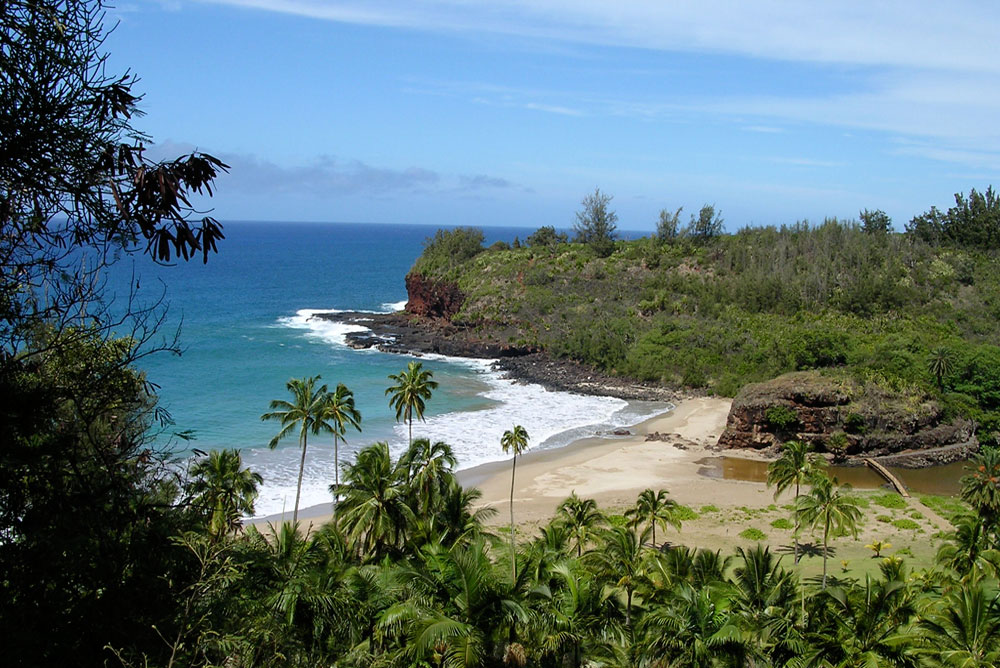
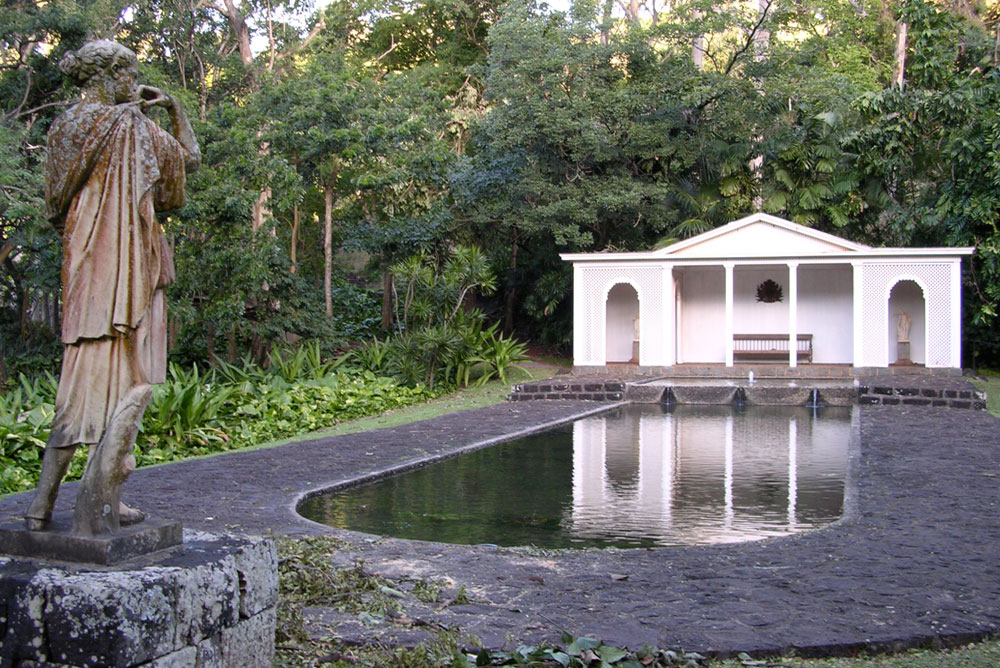
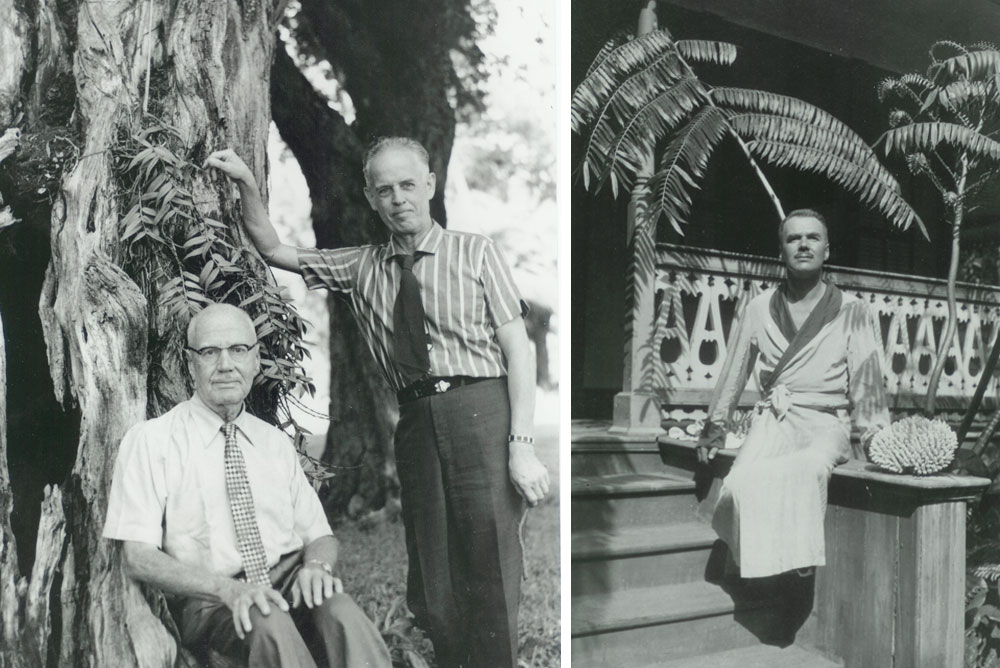
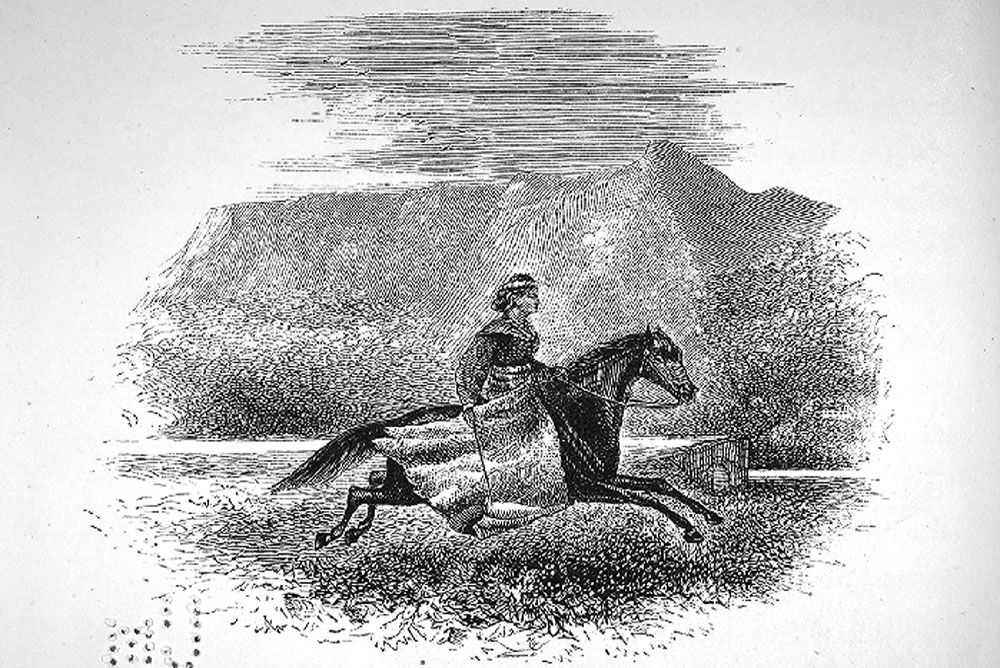
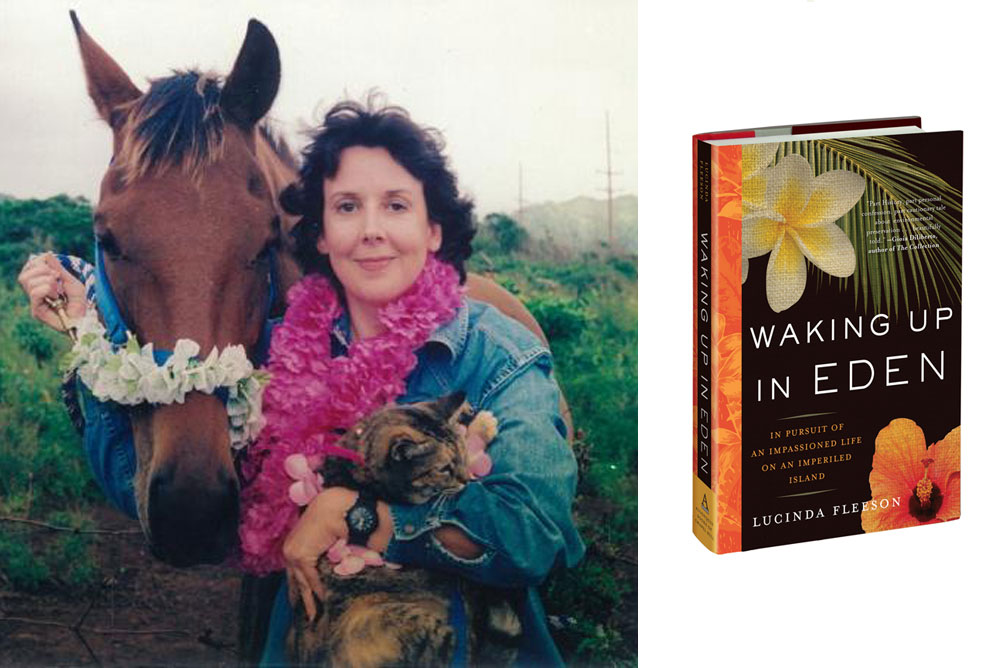

I loved reading the book and bought 5 copies for
friends and family.
Lisa – So glad you did. I left out – and perhaps shouldn’t have – that Lucinda is a relative by marriage who I recently discovered and met (after hearing about her for years). I prepped for that meeting by reading, with some trepidation, her book. What would I think of her if I didn’t like it? Came away – clearly – besotted.
Thanks – I loved reading and learning about Lucy Fleeson and Isabella Bird! I plan to read Lucy’s book and explore Isabella’s writings.